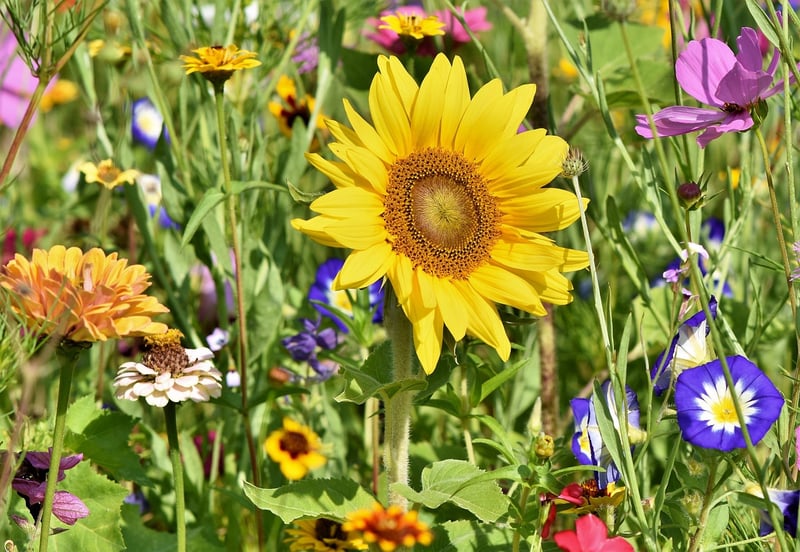Pest Control
Keeping Your Plants Healthy + Pest Control
Introduction
Welcome to our guide on how to keep your plants healthy and effectively control pests. Whether you are a seasoned gardener or just starting, maintaining your plants' health is essential for a beautiful and thriving garden.
1. Watering
Proper watering is crucial for plant health. Overwatering can lead to root rot, while underwatering can cause wilting. Ensure your plants receive the right amount of water based on their specific needs.
2. Sunlight
Plants require sunlight for photosynthesis. Place sun-loving plants in areas where they can get adequate sunlight, while shade-loving plants should be placed in shaded areas to prevent sunburn.
3. Soil Quality
Healthy soil is the foundation for healthy plants. Ensure your soil is well-draining, rich in nutrients, and has the right pH level for the plants you are growing.
4. Fertilizing
Provide your plants with the necessary nutrients by fertilizing them regularly. Choose a fertilizer that suits the specific needs of your plants and follow the recommended application guidelines.
5. Pest Control
Pests can wreak havoc on your plants if left unchecked. Here are some natural pest control methods to keep your plants safe:
- Neem Oil: Effective against a variety of pests and is safe for most plants.
- Diatomaceous Earth: Kills insects by damaging their exoskeletons.
- Beneficial Insects: Introduce ladybugs, lacewings, or predatory mites to control pest populations.
- Homemade Sprays: Create natural sprays using ingredients like garlic, pepper, or soap to repel pests.
Conclusion
By following these tips for keeping your plants healthy and implementing natural pest control methods, you can ensure a thriving garden that is free from pests and diseases. Remember to observe your plants regularly to catch any issues early and take appropriate action.
Happy gardening!

For more information on plant care and pest control, visit Royal Horticultural Society.
